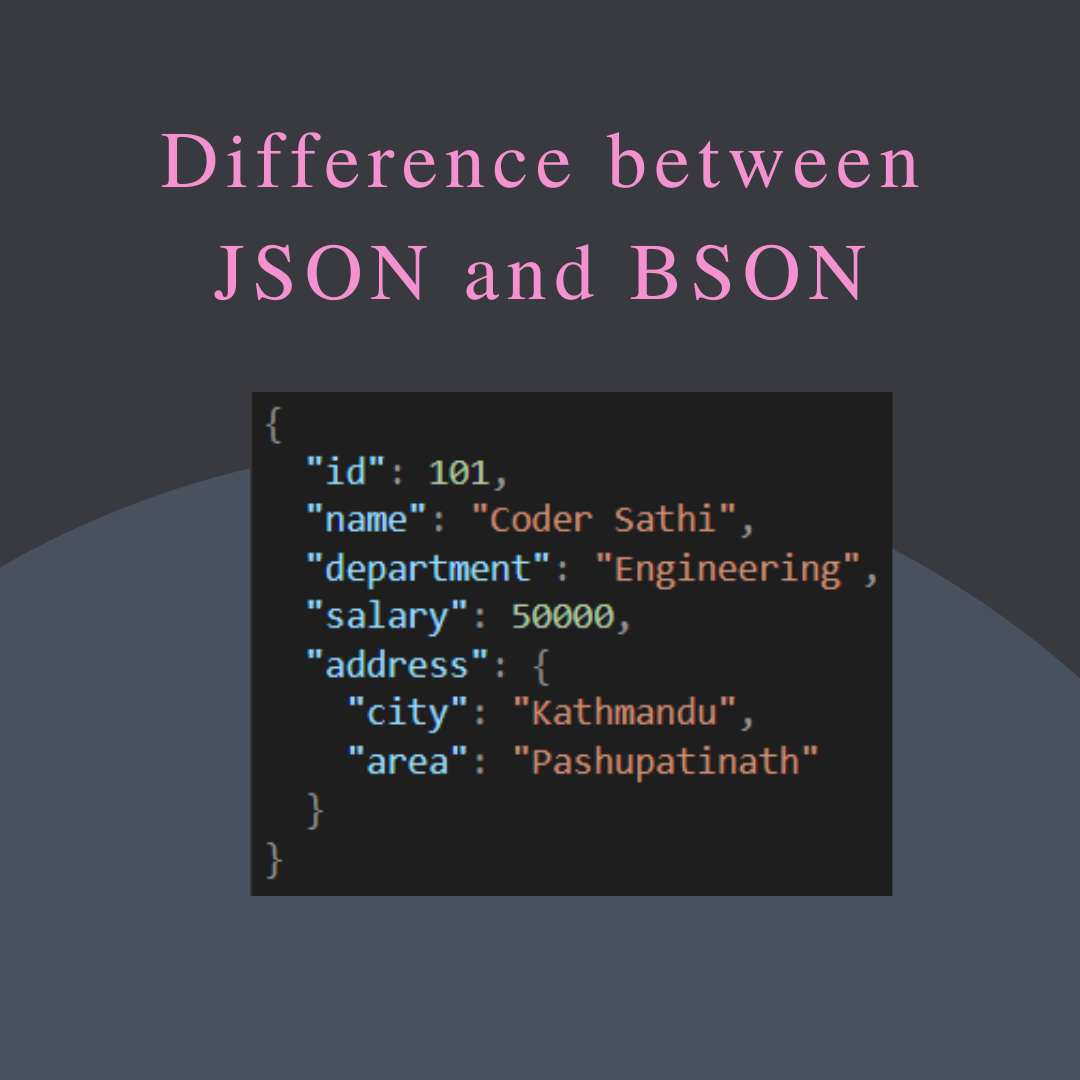JSON vs BSON in MongoDB: A Deep Dive for JSON Lovers
Introduction
Hey there, JSON Lovers! Welcome to our comprehensive guide on the eternal battle between JSON and BSON in the realm of MongoDB. In this article, we’ll dive deep into the pros, cons, and intricate details that differentiate these two data formats. So, buckle up and prepare to expand your MongoDB knowledge!
JSON (JavaScript Object Notation) and BSON (Binary JSON) are two data formats used extensively in MongoDB, a popular NoSQL database. JSON is a human-readable format, while BSON is a binary format optimized for efficient storage and processing.
JSON: The Human-Friendly Format
Benefits of JSON
JSON’s primary advantage lies in its human-readability. It follows a simple syntax similar to JavaScript objects, making it easy to parse and manipulate even by non-developers. JSON’s popularity stems from its widespread use in web applications and APIs.
Drawbacks of JSON
However, JSON’s human-friendly nature comes at a cost. It requires UTF-8 encoding, which can increase storage space compared to binary formats like BSON. Additionally, JSON’s lack of a strict schema can lead to data inconsistencies and unpredictable performance.
BSON: The Binary Beast
Advantages of BSON
BSON, on the other hand, excels in performance and storage efficiency. It’s a binary representation of JSON data, providing a more compact and efficient storage format. BSON’s built-in data types and strict schema support ensure consistent data handling and faster queries.
Limitations of BSON
While BSON offers numerous benefits, it’s not without its drawbacks. Its binary nature makes it less readable and harder to debug compared to JSON. Additionally, BSON’s increased complexity can make it more challenging to work with for non-developers.

Source codersathi.com
The Differences: A Side-by-Side Comparison
To help you better understand the key differences between the two formats, here’s a detailed table breakdown:
| Feature | JSON | BSON |
|---|---|---|
| Format | Human-readable | Binary |
| Efficiency | Lower (UTF-8 encoding) | Higher (binary format) |
| Schema | Loose | Strict |
| Performance | Slower (parsing required) | Faster (direct access) |
| Readability | Higher | Lower |
| Debugging | Easier | Harder |
| Native Support | Many applications | MongoDB |
Which One to Choose: JSON vs BSON
The choice between JSON and BSON depends on your specific requirements. If human-readability, easy parsing, and widespread support are your top priorities, JSON is a solid option. However, if storage efficiency, performance, and a strict schema are crucial, BSON is the clear winner.
Conclusion
So there you have it, JSON Lovers! We’ve explored the ins and outs of JSON and BSON in MongoDB. Remember, the choice between these two data formats boils down to your unique requirements. If you’re still unsure, check out our other articles on MongoDB to help you make an informed decision. Thanks for reading, and happy MongoDB-ing!
FAQ about JSON vs BSON in MongoDB
1. What is JSON?
- JSON (JavaScript Object Notation) is a popular data format that uses text to represent data as a set of key-value pairs.
2. What is BSON?
- BSON (Binary JSON) is a binary representation of JSON used by MongoDB to store data in its documents.
3. How does BSON differ from JSON?
- While BSON is based on JSON, it is binary-encoded, making it more compact and efficient for storing in MongoDB.
4. Which one is more efficient?
- BSON is more efficient than JSON for storing data in MongoDB, as it minimizes storage space and improves query performance.
5. Which one is more portable?
- JSON is more portable than BSON, as it is a widely supported data format and can be easily used with various programming languages and tools.
6. Can I use JSON in MongoDB?
- Yes, you can store JSON data in MongoDB through special operators such as
$jsonSerializeand$jsonDeserialize. However, BSON is still recommended for optimal storage efficiency.
7. When should I use JSON?
- Consider JSON when you need to store data in a format that is easily accessible by external systems or when interoperability with other technologies is crucial.
8. When should I use BSON?
- Use BSON when you want to maximize storage efficiency, enhance performance within MongoDB, and maintain compatibility with the database’s native data format.
9. Can I convert between JSON and BSON?
- Yes, MongoDB provides methods to convert between JSON and BSON, enabling you to work with either format as needed.
10. Which one should I use in general?
- BSON is generally recommended for use within MongoDB due to its enhanced storage efficiency, performance benefits, and compatibility with the database’s native format. JSON can be considered when external interoperability is a priority.
